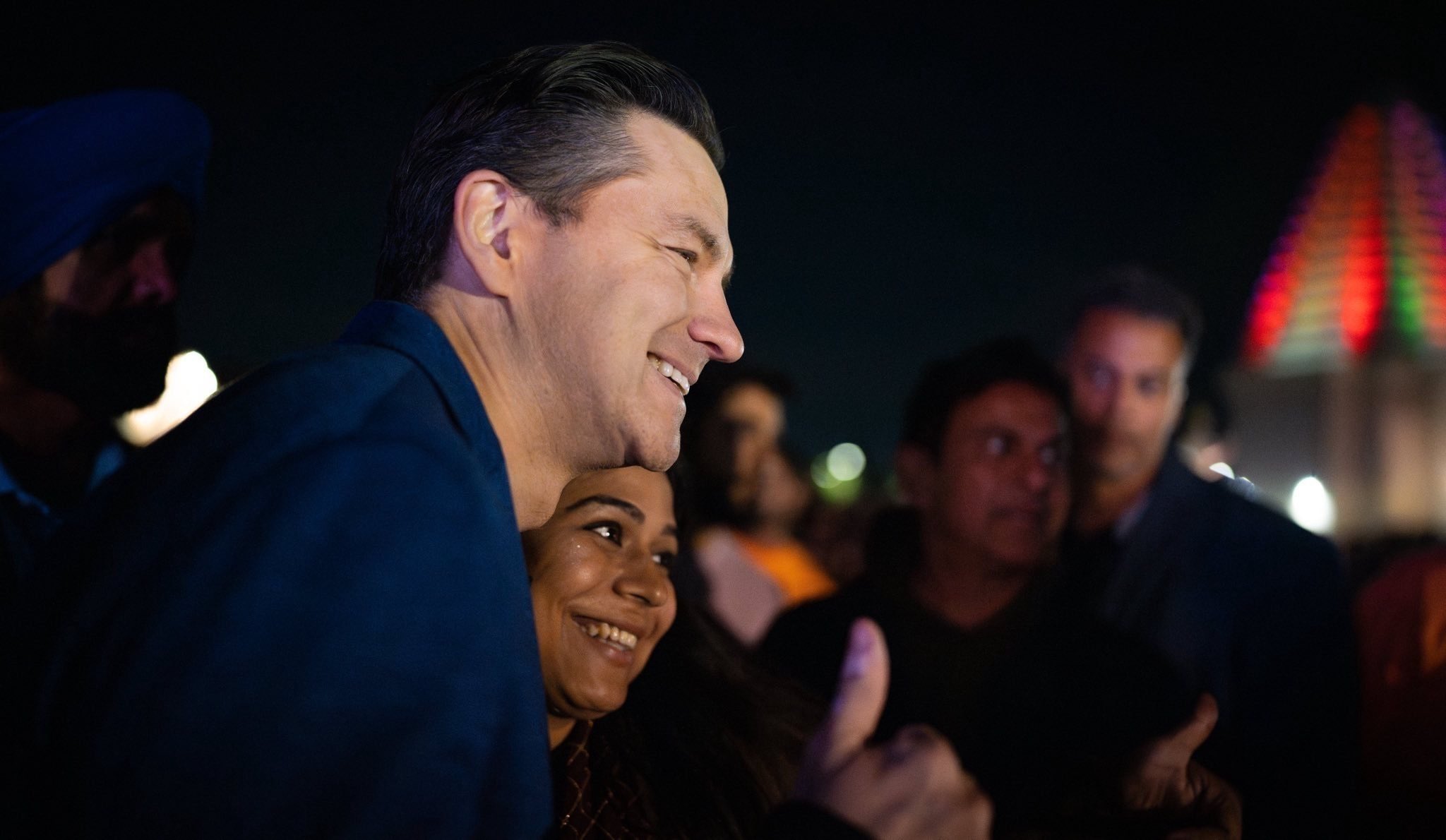As the festival of Diwali approaches, one question often arises: why do we burst firecrackers? Is it merely for celebration, or does it hold deeper significance rooted in tradition? As discussions around environmental concerns and cultural practices continue, it’s essential to explore the historical and ritualistic contexts of this age-old custom.
A Historical Perspective
Diwali, known as the Festival of Lights, is celebrated not only in India but across various cultures around the world. Before the festivities begin, there are significant periods like the Shad period and Mahalya Paksha, during which people honor their ancestors. This ritual involves offerings to guide ancestors back to heaven, symbolizing respect and remembrance.
According to various scriptures, this practice is referred to as Akash Deepam, highlighting the spiritual connection of the festivities. It’s a time when families come together to celebrate, reflect, and reconnect with their roots.
The Ritual of Bursting Crackers
The act of bursting firecrackers during Diwali is more than just a celebration; it is a deeply rooted ritual. The term “ulka danam,” which refers to sparklers, is found in ancient texts, emphasizing that these practices have existed alongside the traditions of the Hindu community for centuries. This cultural heritage is significant and should not be dismissed as mere merrymaking.
Insights shared by J. Sai Deepak, an author and Supreme Court lawyer, shed light on this topic. He argues that the Supreme Court’s recent ruling, which suggested that bursting firecrackers is merely a celebratory activity, fails to recognize the ritualistic nature of this practice. Deepak emphasizes that various communities celebrate Diwali in unique ways—such as Bandi Chhor Divas for Sikhs—showcasing a shared cultural ethos during this auspicious period.
Cultural Identity at Stake
Understanding these traditions is crucial in the current socio-political landscape. As Deepak highlighted, ignorance of one’s cultural practices can lead to a loss of identity. The ongoing debate around firecrackers and their impact on the environment is valid, but it should also encompass the significance of these rituals.
As we navigate this complex conversation, it’s important to respect and preserve our cultural heritage while also considering the health of our planet. Finding a balance between tradition and modernity can help ensure that future generations understand and appreciate the significance of Diwali and the customs associated with it.
Conclusion
As Diwali draws near, let us take a moment to reflect on the rituals that define this beautiful festival. Bursting firecrackers is not just about creating noise or lights; it is a celebration of life, heritage, and remembrance. By embracing our traditions while being mindful of our environment, we can honor the past and pave the way for a sustainable future.





